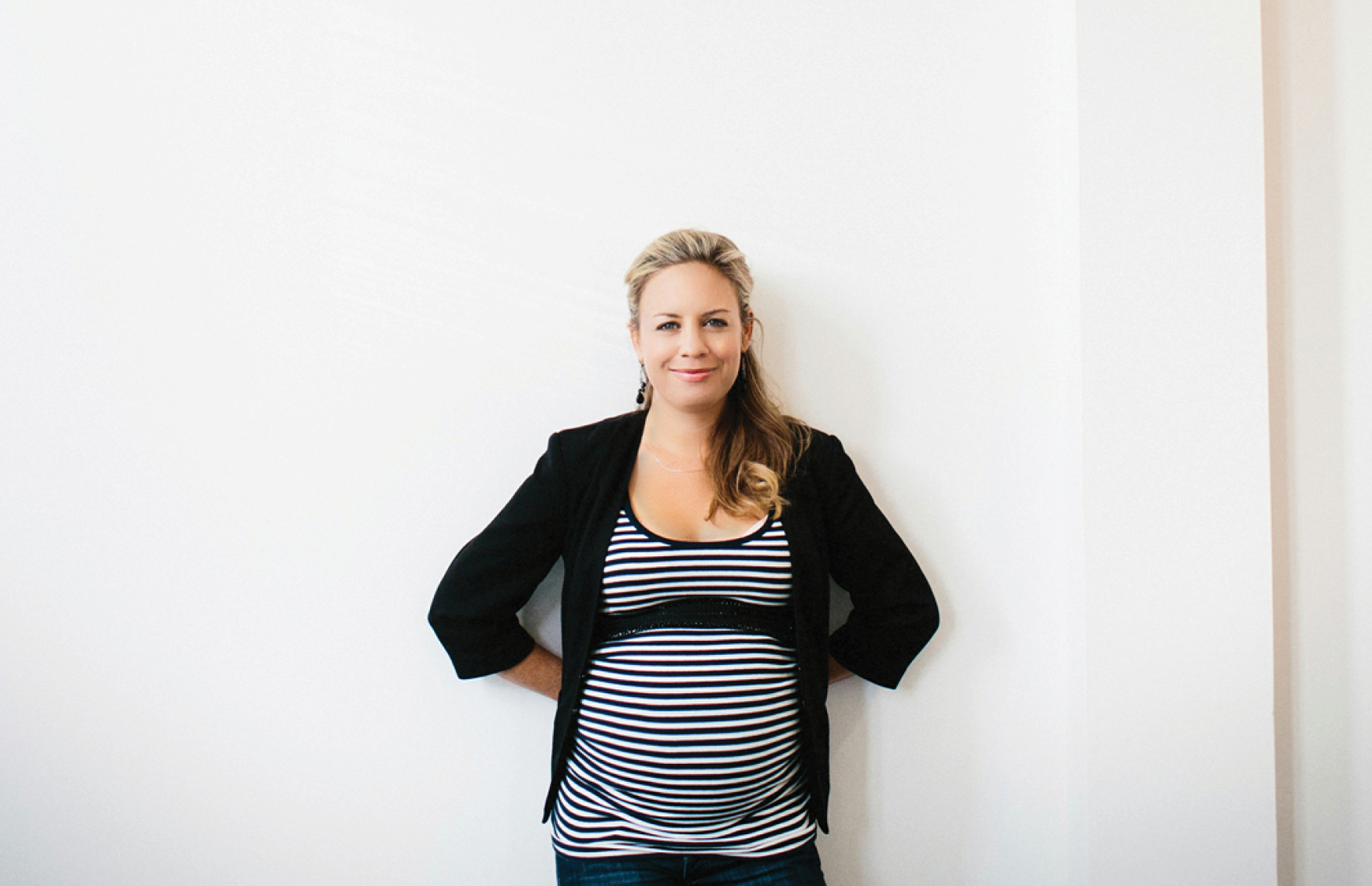Like most young professionals, Heather Dupont de Rivaltz, 34, wasn’t sure where life would take her post-college. She landed a job at an advertising firm right after graduation, but it wasn’t long before she recognized that it was time for a change. So Heather made the move to higher education, and went on to develop graduate school programs at prestigious universities such as Stanford and UC Berkeley.
Although Heather loved her job, her adventurous spirit once again longed for a change. Never one to shy away from a challenge, she and her husband packed up, left the bay area and their family behind and headed to London. Soon after arriving, Heather received a new career opportunity at the London Business School. Starting over in a new country has its challenges, but she describes the experience as one of the most exciting in her life.
This new global perspective ultimately helped Heather put her stamp on one of London Business School’s most successful programs—the Global Business Experience. Within the parameters of this program, Heather and her colleagues travel across the globe with MBA students. This gives the students an appreciation for how businesses are run on an international level—and gives Heather a pretty impressive passport! Curious to know how this business pro manages work, family and life in one of the most fast-paced and connected cities in the world? Read more below.
Her Starting Point
Many people find the transition between college and “real life” a bit daunting. Can you tell us about your journey between the two? What was your first job post-college?
In college I was the typical student who was not sure what to do professionally, but I did know that I wanted to be in a creative environment. During my senior year of college I interned at an advertising agency and was offered a permanent position upon graduation. Having an internship helped me with the transition from college to “real life” as I was able to get to know my colleagues, understand the clients’ needs and how the agency responds to them, as well as experience the overall culture of the organization before permanently committing to a position.
Tell us a little more about the Global Business Experiences at London Business School. How did you develop it? What are the benefits of students gaining experience on the international level?
The Global Business Experiences (GBEs) are one-week immersive trips that are an element of the MBA programme at London Business School. During their GBE, students are exposed to business and culture in an international city through company visits, guest lectures and project-based activities.
When I started working at London Business School I knew about the GBE initiative and positioned myself to be a part of it. We are a small team and together we developed this element of the MBA programme from the ground up. For each GBE we work in collaboration with two senior faculty members and build out each week based on a theme.
For example, we study entrepreneurship and economic growth in Johannesburg, South Africa. We work with local companies (often using our Alumni network) to build out sessions based on learning objectives. Some of the companies we will visit this year will consist of a fashion designer, a business incubator and one of South Africa’s largest banks. Students also will work on a project with local micro-entrepreneurs on a business challenge their business currently faces. At the end of the week, our students will deliver a presentation to their micro-entrepreneur with recommendations.
The GBEs allow for our students to experience how business is done on an international level. Our students get to select one of five locations across the world, and in each region they are exposed to the business landscape on a level that they normally would be unable to experience thanks to the faculty’s and school’s connections.
What do you love most about working at LBS? What is the culture of the school like?
My team at London Business School is full of talent and working with them has been a highlight of my time at the School. Our GBE team hosts a culture of trust, flexibility and fun! I’ve never experienced a day to which we couldn’t, together as a team, find a reason to laugh.
My job requires quite a bit of travel, which is a highlight for me. We are on the road at least five times a year and each trip is as challenging as the next. Each trip we travel with approximately 70 students and the week is filled with a minimum of 18 sessions—which keeps us always on the go! I love that I have found a job that allows me to combine everything I love about higher education: students, innovation, diversity and new experiences.
Did you always know that you eventually wanted to pursue a career in higher education? What steps did you take to establish yourself in the field?
Higher education has an incredible breath of opportunity, but it’s generally a field that people don’t think of when thinking of career opportunities (unless you want to become a professor). After a couple of years, I knew that advertising just wasn’t for me and it was then that I made the move to higher education. I took a position at Stanford University as a programme coordinator at the Graduate School of Business and immediately knew I had found a good fit. The cliché is true… once you find a job you enjoy, it stops becoming just a job. My role at Stanford required strong organization skills as well as good people skills, both that came quite naturally to me. I worked for five years at Stanford until I was offered a great opportunity for a senior role at Haas Business School at the University of California, Berkeley.
Her Big Break
If we had the chance to peek at your schedule, what would an average day look like?
I have two different types of days: the days when we are onsite running a programme, and days when we are in the office planning the programme. A typical day in the office is spent answering student emails, ensuring that the processes we have in place are working as they should and often meeting with faculty and/or other key stakeholders to discuss the upcoming programme.
A day while running a programme is rarely typical, but here is an example of how it can be:
7:00 a.m.: Wake up, get ready and head to breakfast. I often spend my breakfast answering questions from students and/or briefly talking logistics with colleagues. Sneak in an extra cup of coffee, if possible!
8:00 a.m.: Depart for first session! This requires loading the buses or walking with 70+ students to the nearest metro stop (depending on the city we are in).
9:00 a.m.: Arrive at company for first session. My colleagues and I often pop ahead of the group to greet our host and make sure that all is ready for our visit. We attend each session in full, ensuring the visit is of high quality and that our students are learning from the experience.
11:00 a.m.: Break off into groups of between 10 and 15 individuals in order to attend smaller company visits. Our students will often have a list of companies they can choose from to visit. Then we commute and attend the visit.
1:00 p.m.: If lunch is not included in the company visit, we’ll generally break and allow for an hour to grab lunch. My hour is spent with colleagues debriefing the morning sessions and prepping for the afternoon ones. I also usually have a couple urgent emails that need attending to—keeping me glued to my Blackberry!
2:00 p.m.: Afternoon session. Sometimes this is a guest lecture to which the entire delegation will attend (all 70+ of us!)
4:00 p.m.: Back to the hotel for a short break! My time is spent answering emails and preparing our nightly “memo” (detailed schedule for the following day).
6:00 p.m.: Evening alumni event. We often hire out event space and host a guest panel of local experts to talk to the GBE theme. All local London Business School alumni are invited as well as all our corporate guests for the week. It’s a big event and often we get press coverage.
9:00 to 10:30 p.m.: My colleagues and I will have dinner (if we didn’t get a chance to eat at the evening event) and spend time debriefing. There is always logistics to plan for the following days or student issues that come up that we need to decide on.
11:00 p.m.: Bed (hopefully!)
After attending college and then working in California, you made a big career move and took a job in London. What was that transition like? How did you bridge the cultural gap?
Moving to England was one of the most exciting times of my life. Of course, it was hard to leave family and friends, but my husband and I were ready for a new adventure. I found my job at London Business School within three months of moving. I didn’t know what to expect and I arrived on my first day feeling conscious that I may not fit in. A nice surprise was to see how diverse the work force is. I found myself working with individuals from over 10 different countries—all of us embracing the best of each culture and getting on with the work that needed to be done.
At the moment, I am the only American on the department floor, which I think is quite fun. My team consists of an Australian, a Scot and myself. Team meetings are often comical as there are certain words or slang each of us uses that has the other two looking extremely baffled. At first, it doubled the time it took for us to get through our agenda items, but now we seem to have it down to a science.
Her Perspective
What skills are essential to working in higher education and how, specifically, have these skills helped you succeed in your own career?
Each year, I have to build a rapport with 410 students whom I’ve never had a relationship with before. I believe that what has led to my success in this role is my ability to be flexible, client-focused and approachable. Each student that walks through my door has their own unique situation and I make a genuine effort to find a way to make things work for the both of us. Even in the most frustrating of times, I remind myself that I am an advocate for them and I’m here to make their experience better, not worse.
As for my overall career, I attribute my success to my creativity and inclination to innovate. I am constantly looking for improved ways of doing things and will often spend my free time revising processes and then pitching to my teams the next day. I am not afraid of my ideas being rejected and am constantly looking for feedback. Effort doesn’t deter me—I’m always willing to put forth the energy.
You work in a very global, fast-paced city where staying fresh and innovative can be a challenge. How do you stay creative and where do you look for inspiration?
London is an incredible city. It is global, fast-paced and if you want to be successful here you can’t afford to remain stagnant. I am inspired by the energy of the city—something new is always popping up, whether it’s a new restaurant or a new company in town. If I see something appealing, I try it—whether it’s a style design for a website or a process that I can translate to the GBEs. My goal is to keep the GBEs fresh and relevant to the modern business world, which means there is no time for stale processes or boring programmes!
And finally, what do you wake up looking forward to? What’s next for your career?
The most exciting event occurring in my future at this moment is becoming a parent. My career will be put on hold for a year while I take on this new role; however, I have definite plans to return to work and continue to keeping the GBEs a highlight of the London Business School MBA experience!
You May Also Like
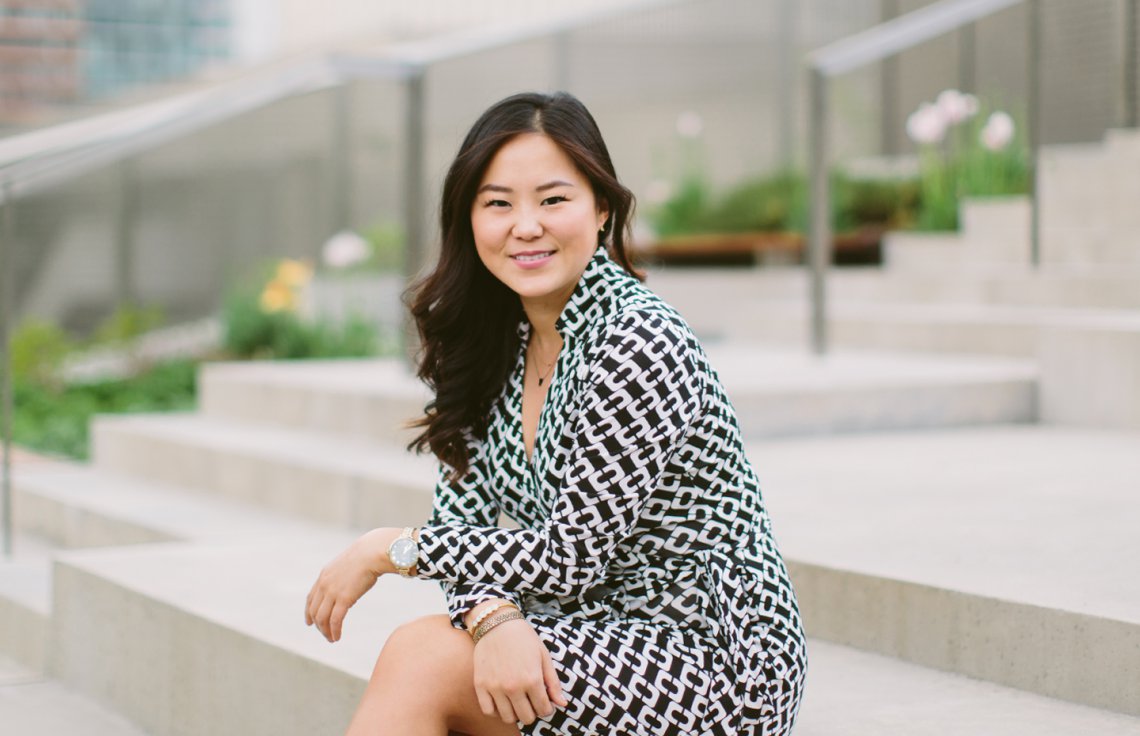
Government + Public Policy
How to Become a Foreign Service Officer
Ever wondered what it would be like to work in Foreign Affairs? Gloria Chou knows, and she's spilling.
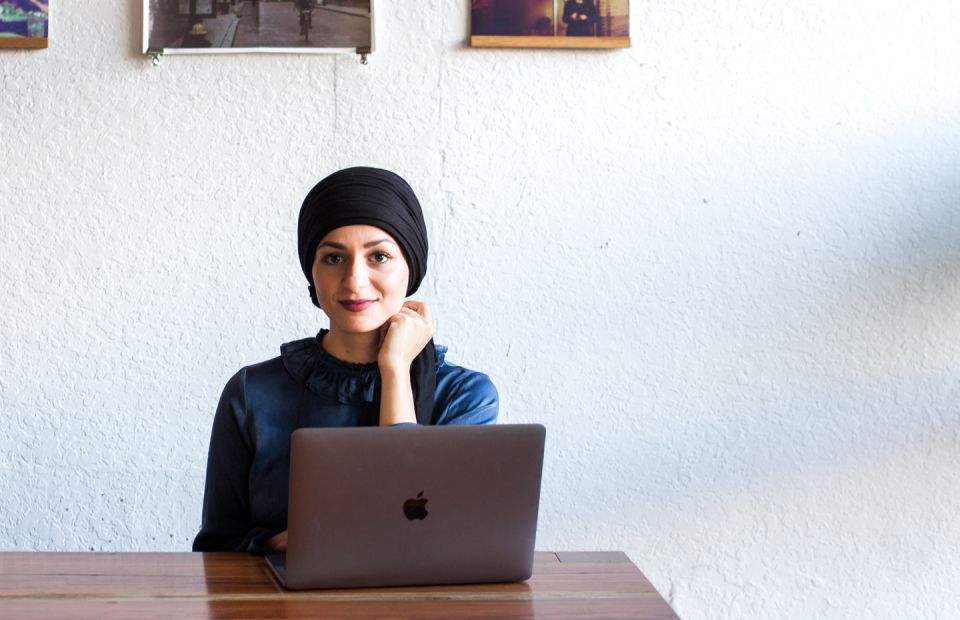
Government + Public Policy
Noor Elkhaldi on Taking a Break From School to Work as an SVU Counselor
"You cannot care for others if you do not care for yourself."
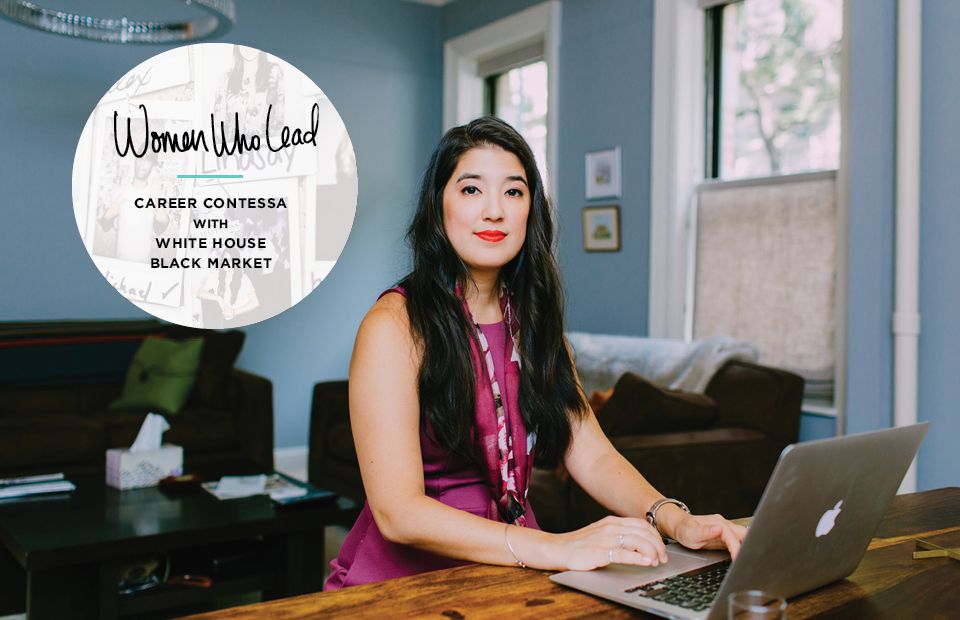
Consumer Services, Education, Finance
Women Who Lead: Alexandra Dickinson, Founder and CEO of Ask For It
On taking risks and asking for more—always.
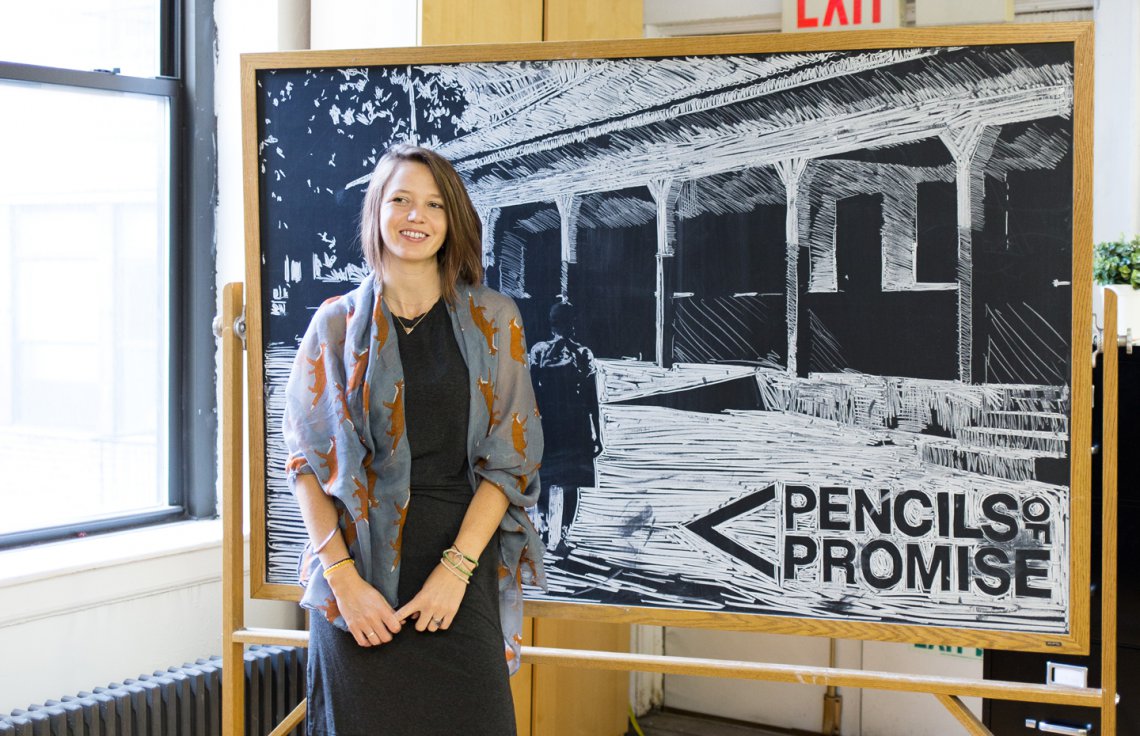
Nonprofit, Social Responsibility
Leslie Engle Young on What a Director of Impact Actually Does
This philanthropic globetrotter found her dream career working at Pencils of Promise.
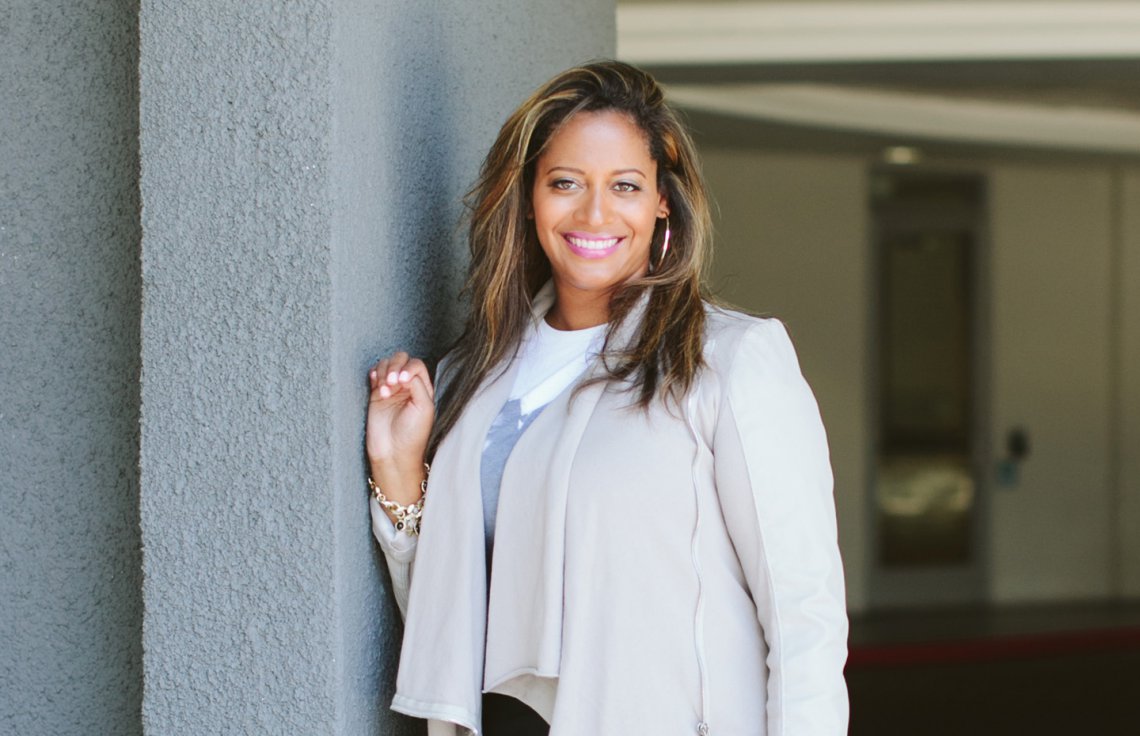
Entertainment, Government + Public Policy
Meet the Woman Behind Your Favorite T.V.
See how Candace's legal background has helped her climb the ladder to a director role at Sony Pictures.
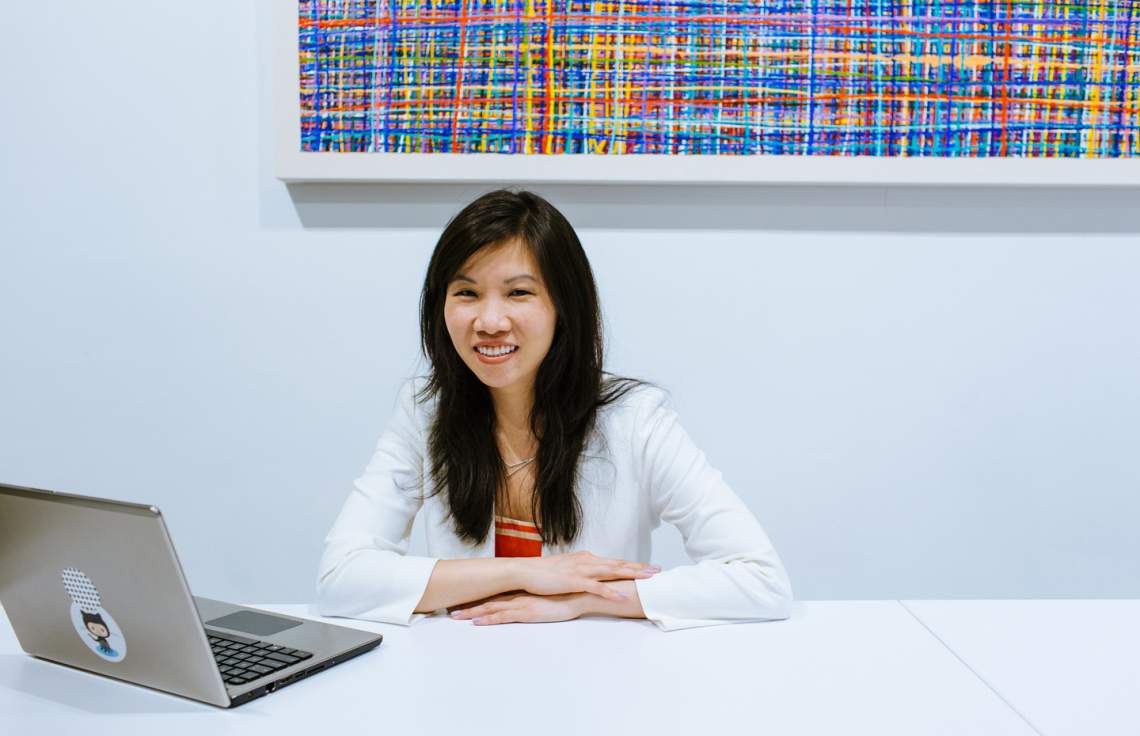
Government + Public Policy
This Millennial Entrepreneur Talks Politics, Activism, and...How to Vote?
Election season's almost over, but Maria Yuan's company, IssueVoter, is just getting started.
Get the Best Career Advice Delivered To Your Inbox
Join our newsletter to stay in the loop.
